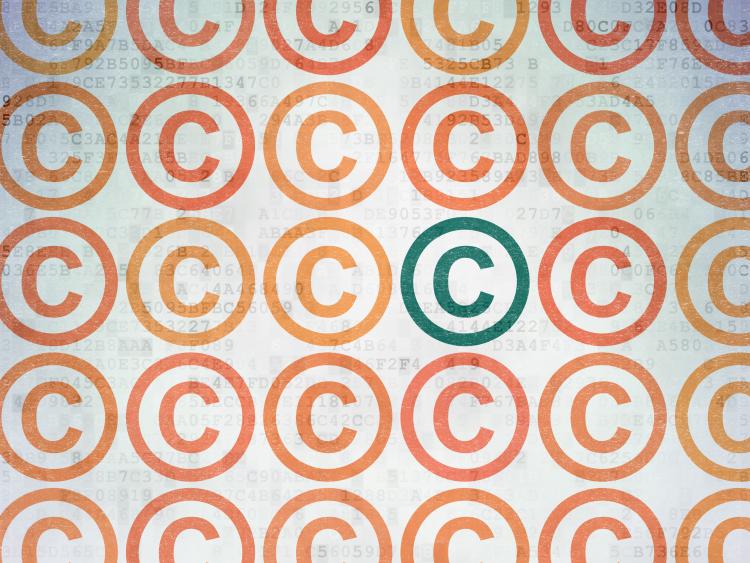
On March 27, 2018, in Oracle America, Inc v Google LLC, the United States Court of Appeals for the Northern District of California (Court) found that Google’s use of the Java Application Programming Interface (API) in its Android platform did not amount to fair use, reversing the district court’s decision.
At issue was whether Google’s copying of Oracle’s Java API amounted to copyright infringement. In developing its Android operating system, Google wrote its own version of Java. Google’s API provided the same names, organization, and functionality as the Java API. This made it easier for developers already familiar with Java to create software for the new Android platform. Google admitted to copying the interface but submits that its use of the interface is fair.
In deciding whether Google’s use was fair, the Court considered:
-
the purpose and character of use;
-
the nature of the copyrighted work;
-
the amount and substantiality of the portion used; and
-
the effect upon the potential market.
First, the Court found that the purpose and character was “non-transformative” and “highly commercial”.
Second, with respect to the nature of the work, the Java API was found not to be highly creative. The Java API involved some creativity but functional considerations were also important.
Third, the Court found that the portion used was significant. Google conceded that the API was important to the developers it wished to attract.
Fourth and finally, Google’s use of the Java API caused significant market harm. Google’s product severely limited Oracle’s ability to license its Java software or enter the smartphone market.
The Court then weighed each of the four factors together and found that “there is nothing fair about taking a copyrighted work verbatim and using it for the same purpose and function as the original in a competing platform”. Accordingly, the Court decided in favour of Oracle.
Summary By: Jae Morris
E-TIPS® ISSUE
Disclaimer: This Newsletter is intended to provide readers with general information on legal developments in the areas of e-commerce, information technology and intellectual property. It is not intended to be a complete statement of the law, nor is it intended to provide legal advice. No person should act or rely upon the information contained in this newsletter without seeking legal advice.
E-TIPS is a registered trade-mark of Deeth Williams Wall LLP.
